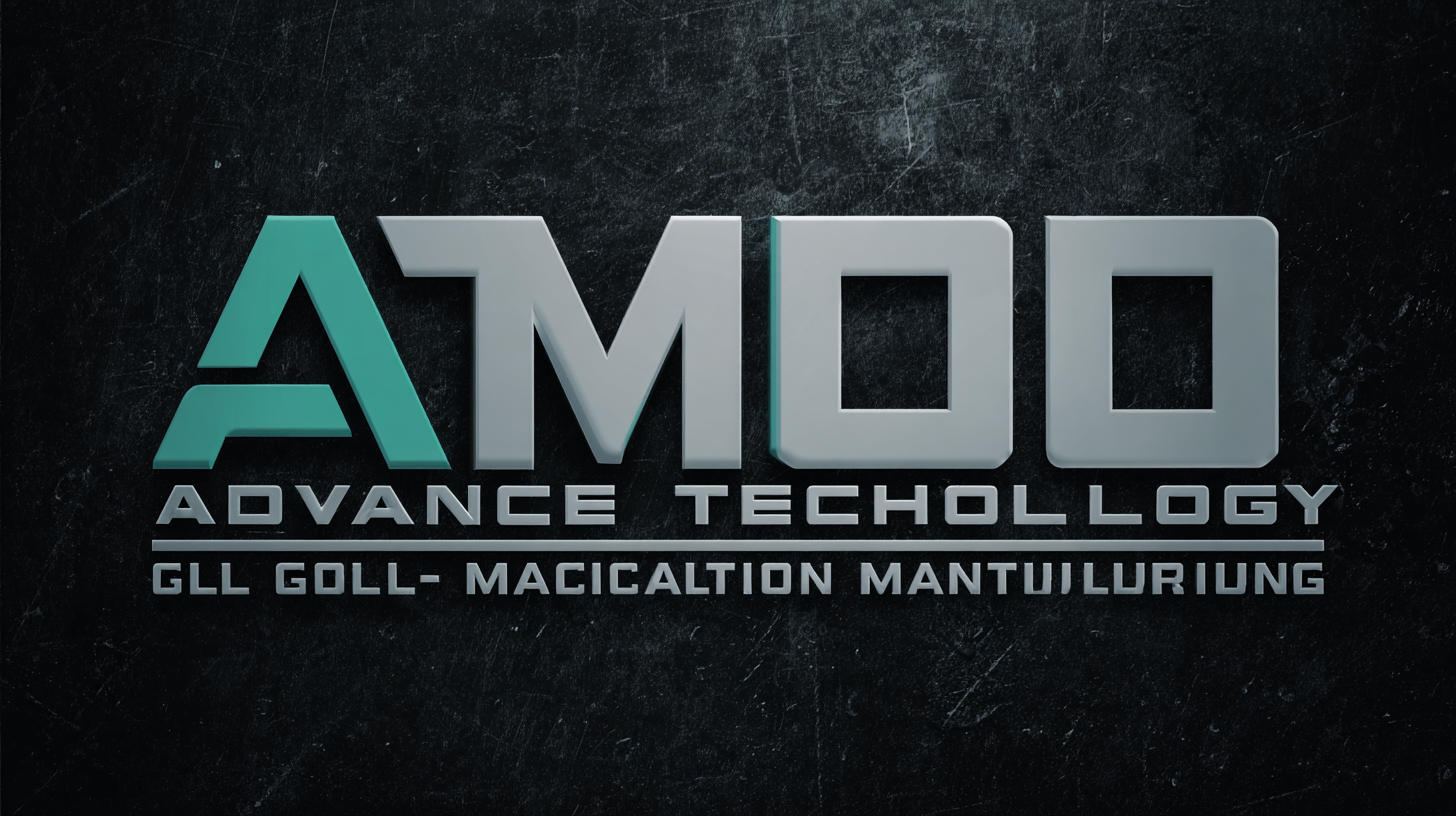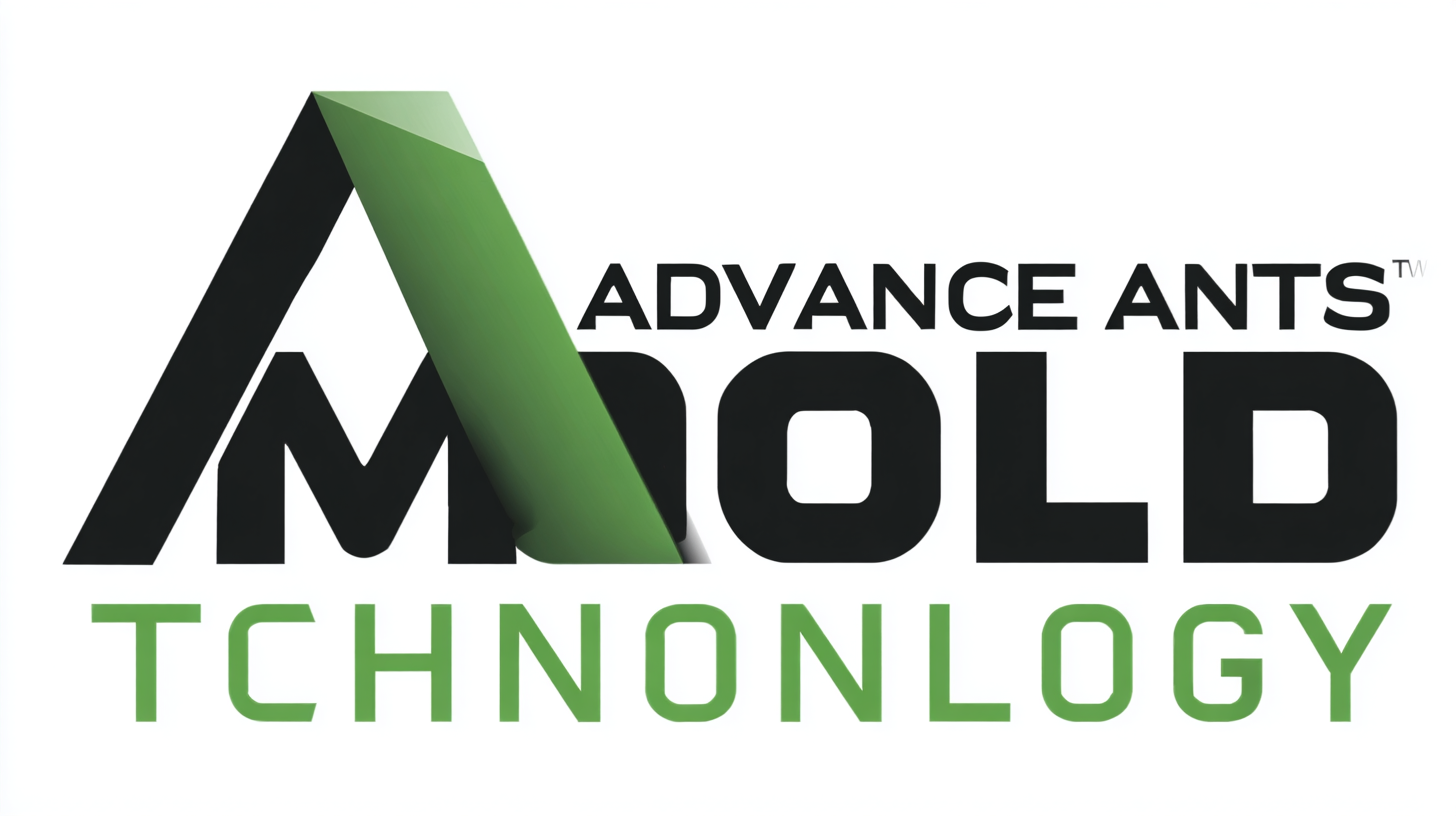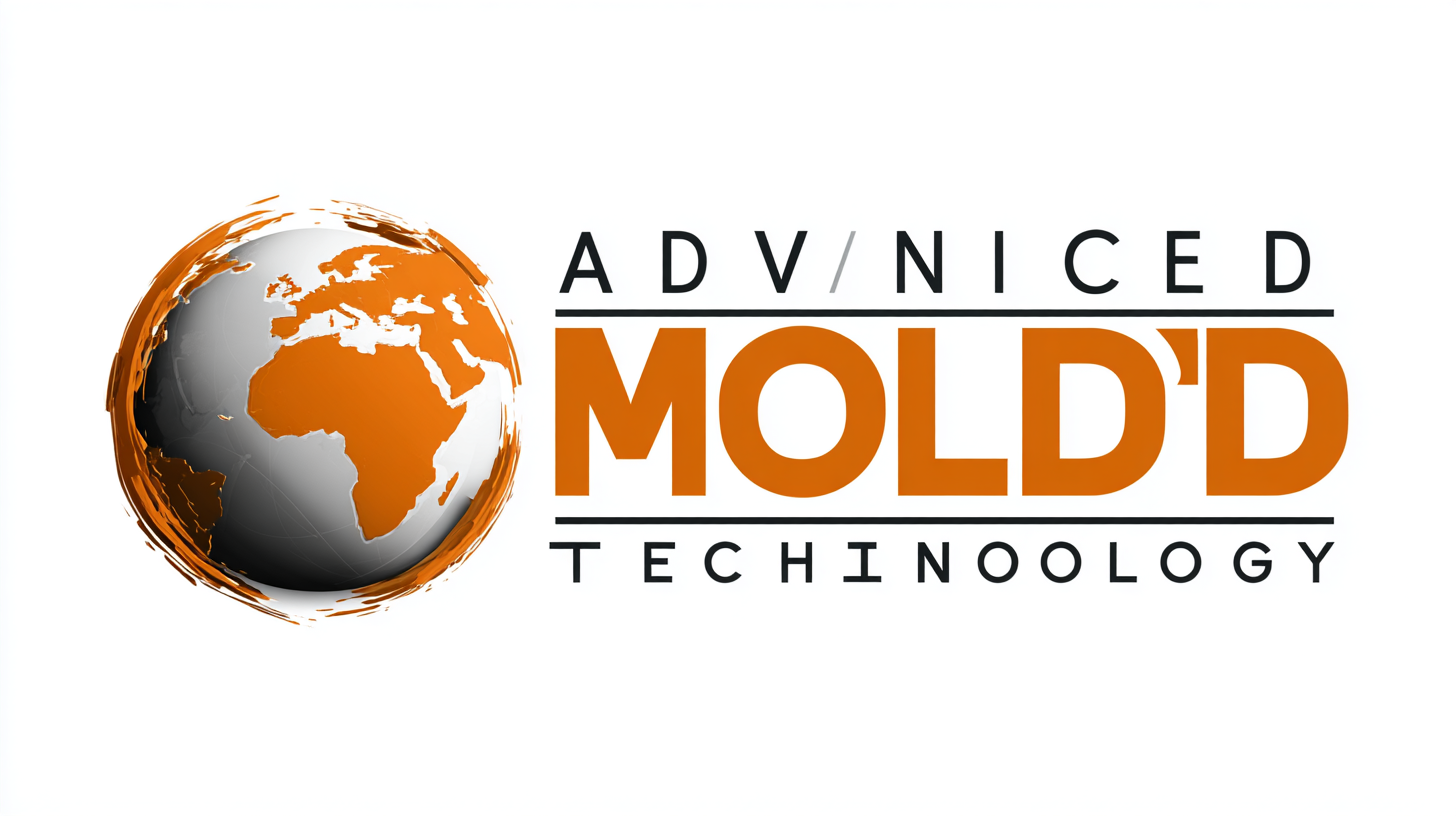The advancement of manufacturing technologies has perpetually influenced the evolution of global production systems, with Advanced Mold Technology (AMT) standing at the forefront of this transformation. According to a report by MarketsandMarkets, the global market for injection molding is projected to reach approximately $329 billion by 2025, largely driven by the rising demand for complex components and lightweight designs across various industries, including automotive and electronics. This surge underscores the crucial role that AMT plays in optimizing production efficiency, reducing cycle time, and enabling the development of innovative products. Alternatives to traditional manufacturing methods, including additive manufacturing and smart mold designs, are increasingly being integrated into AMT practices, presenting new opportunities for manufacturers to enhance quality while minimizing waste. This blog explores the contemporary alternatives in Advanced Mold Technology utilization, focusing on their implications for global manufacturing efficiency and sustainability.

Innovative mold technologies are playing a pivotal role in reshaping global manufacturing processes, making them more efficient and responsive to market demands. Advances in materials and design techniques have introduced molds that not only improve precision but also enhance the production speed. For instance, the utilization of lightweight materials and additive manufacturing methods allows for the creation of intricate mold designs that were previously deemed impossible. This shift enables manufacturers to produce high-quality components while reducing lead times and costs significantly.
Moreover, the integration of smart technologies in mold manufacturing is revolutionizing the way companies approach production. By leveraging IoT devices and data analytics, manufacturers can monitor mold performance in real-time, allowing for predictive maintenance and minimization of downtime. This proactive strategy not only ensures consistent product quality but also extends the lifespan of the molds. As manufacturers embrace these innovative solutions, they are poised to enhance their competitive edge in the ever-evolving global market, facilitating greater flexibility and customization capabilities in their offerings.
| Technology Type | Application Area | Benefits | Challenges | Future Trends |
|---|---|---|---|---|
| 3D Printing | Rapid Prototyping | Reduced lead time, customization | Material limitations, post-processing needs | Increased material options, advanced printing techniques |
| Injection Molding | Mass Production | High efficiency, uniform quality | High initial setup cost, design constraints | Sustainable materials, improved cycle times |
| CNC Machining | Precision Parts | High precision, versatility | Complex programming, labor costs | Automation integration, smart machining |
| Die Casting | Automotive Components | Durability, smooth surfaces | Material restrictions, initial costs | Lightweight materials, enhanced designs |
| Blow Molding | Container Manufacturing | Cost-effective, scalable | Limited to hollow shapes, wastage | Biodegradable materials, advanced designs |
In the rapidly evolving landscape of global manufacturing, ensuring quality assurance in advanced mold production is paramount, particularly for products labeled “Made in China.” According to a recent report from the China Plastics Industry Association, the country has seen a 15% increase in mold exports over the past year, highlighting its dominance in this sector. This growth is not merely driven by volume; it underscores a significant commitment to quality, as advanced manufacturing techniques are increasingly integrated into mold production processes.

Advanced mold technology, leveraging state-of-the-art materials and precision manufacturing, is essential for producing high-quality components that meet rigorous international standards. A study by MarketsandMarkets projects that the global mold manufacturing market will reach $7.3 billion by 2026, with a substantial portion attributed to advancements in quality assurance technologies. These innovations enable manufacturers in China to enhance their production efficiency while significantly reducing defect rates, which are reported at an impressive low of below 0.5% in leading facilities. The focus on quality assurance not only elevates product standards but also strengthens China’s reputation as a trusted source for advanced mold technology in the global market.
In today's manufacturing landscape, sustainability has emerged as a paramount consideration, especially in the field of mold manufacturing. As environmental concerns continue to rise, companies are increasingly adopting sustainable practices that not only reduce waste but also enhance efficiency. By integrating advanced mold technologies with eco-friendly materials, manufacturers can minimize their carbon footprint while maintaining high production standards. Techniques such as additive manufacturing and rapid prototyping are at the forefront of this evolution, enabling more sustainable designs and reducing material wastage.
Moreover, adopting a global perspective in mold manufacturing helps companies to benchmark and implement best practices across different regions. Cross-border collaboration allows businesses to share insights on sustainability initiatives, leading to innovative solutions tailored to specific local challenges. For instance, the use of bio-based materials and the application of circular economy principles can vary significantly from one country to another, making global partnerships crucial in driving meaningful change in the industry. Embracing these sustainable practices not only promotes environmental stewardship but also enhances brand reputation and competitiveness in the global market.
In the rapidly evolving landscape of global manufacturing, successful implementations of advanced mold solutions have proven pivotal for companies seeking competitive advantages. Notably, the integration of AI and machine learning in manufacturing processes demonstrates how companies can enhance efficiency while minimizing defects. A case study highlighted the application of Six Sigma techniques combined with machine learning to improve plastic manufacturing processes, leading to more accurate defect analysis and heightened operational efficiency.
Furthermore, the evolution of semiconductor packaging reveals exciting trends where advanced mold technologies play a crucial role. Reports indicate the rise of innovative bonding techniques, such as Cu-to-Cu hybrid bonding for 3D packaging, which emphasizes the importance of advanced mold technology in achieving higher performance and reliability in electronic components.
Tips: One effective strategy is to assess existing processes with data-driven approaches to identify areas ripe for intervention. Additionally, companies should stay ahead by exploring the integration of new materials and processing techniques, as demonstrated in successful case studies. This approach not only enhances productivity but also ensures that manufacturers can meet the growing demands of the market.

As the manufacturing industry continues to evolve, advanced mold technology is becoming increasingly pivotal in driving efficiency and reducing costs. Future trends in mold technology indicate a shift towards greater automation and integration of smart technologies, such as IoT and AI. These innovations enable manufacturers to monitor and optimize processes in real time, leading to improved product quality and reduced waste. The adaptation of responsive mold designs will become essential, allowing manufacturers to quickly adjust to changing market demands without compromising efficiency.
Tip: Investing in training programs for employees on these new technologies is critical. Empowering your workforce with knowledge about smart manufacturing tools can significantly enhance productivity and innovation in your operations.
Moreover, sustainability is also emerging as a fundamental trend in mold technology. Manufacturers are increasingly focusing on materials and methods that minimize environmental impact. Techniques such as 3D printing are gaining traction, allowing for more sustainable production processes and the use of biodegradable materials. This shift not only appeals to eco-conscious consumers but also ensures compliance with growing environmental regulations.
Tip: Consider conducting regular audits of your manufacturing processes to identify areas where sustainability can be enhanced. This proactive approach will help in both cost reduction and establishing a sustainable brand image in the future.
